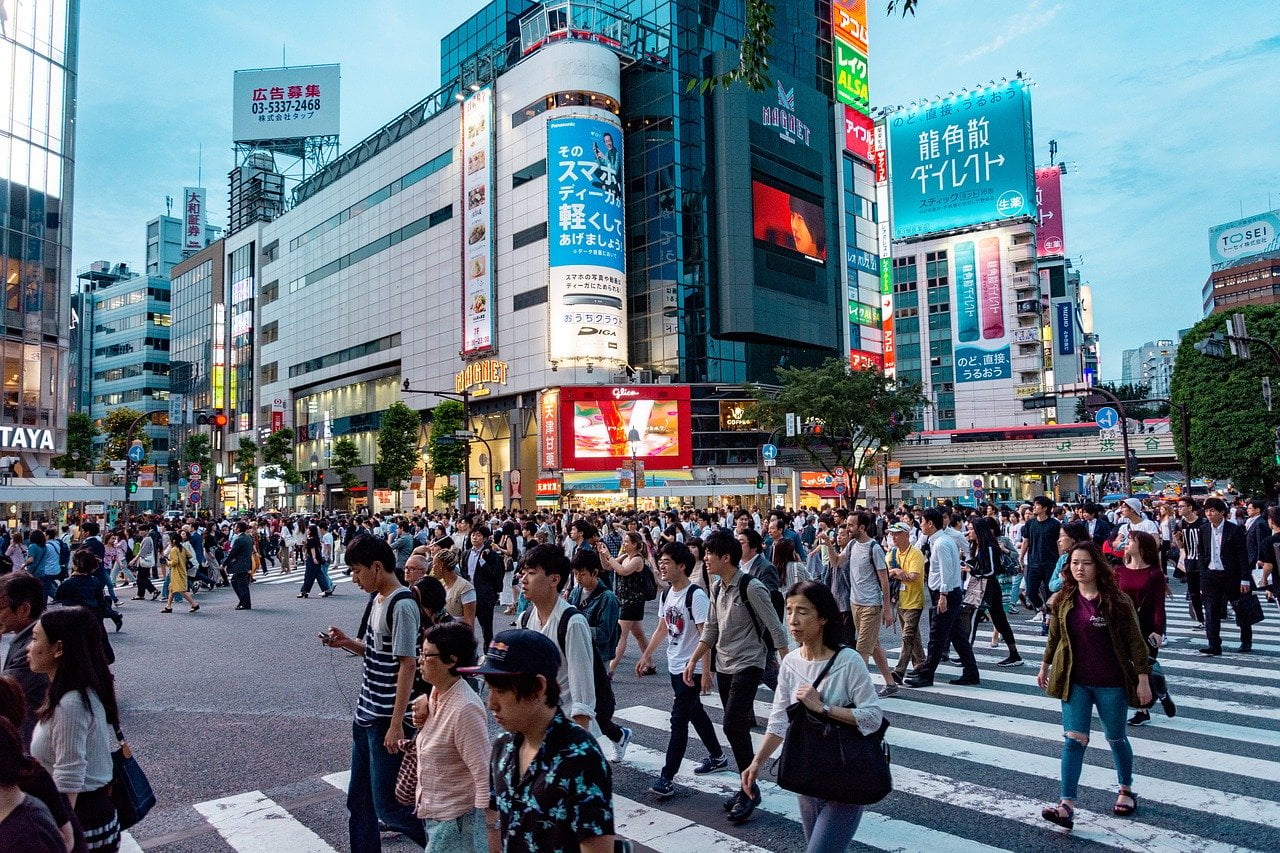South Korea has become the first developed economy to hike interest rates during the pandemic. The Asian giant did so on Thursday by 25 basis points to 0.75%, sending negative shockwaves across Asia-Pacific shares.
Q2 2021 hedge fund letters, conferences and more
Interest Rates Increase
According to CNBC, the decision by the country’s central bank “was expected as financial risks heat up despite the virus threat.” The decision was not unanimous as some board members of the Bank of Korea were calling for rates to be held off.
“It was also divided among analysts polled by Reuters, with only 16 out of 30 expecting the rate hike on Thursday.” Alvin Tan, head of Asia FX strategy at RBC Capital Markets, said the bank’s move was a “grudging rate hike,” even when the market was “fully expecting a string of rate hikes.”
The interest rate increase stands in stark contrast to other developed economies that have gone the opposite way.
The majority of central banks across the globe have dropped rates to record lows in an attempt to lift their economies during Covid-ridden times. Main global economies in Europe, Asia, and the U.S. have implemented stimulus measures to dampen the brunt of the economic plunge.
Capital Economics said in a note: “Admittedly, the virus remains a headwind to the recovery … But the economy has become increasingly resilient to outbreaks and rapid progress on vaccines should help the country move to more light-touch containment measures soon.”
Regarding the interest rate hike, James Lee, chief economist of Japan and Korea at HSBC, said, “Financial stability risks —household debt rising, housing prices, have been an issue not only this year, not only last year, but at least for the past five years. So when given the chance ... the Bank of Korea will continue to normalize policy rate.”
Upon the announcement, Asia-Pacific markets had a mixed Thursday, as they declined despite “overnight gains in Wall Street,” CNBC reports.
The benchmark Kospi dropped 0.58% to 3,128.53 as the Kosdaq jolted 0.26% to 1,020.44. Meanwhile, the Korean won paled to the dollar in comparison, trading at roughly 1,168.84. The ASX 200 in Australia dropped 0.54% to 7,491.20 as latest pandemic developments continue to cloud investment outlook.
Capital Economics wrote, “The virus situation in Korea has deteriorated since the central bank’s July meeting, when it gave strong signals that tightening was imminent.”
“However, the economy has become increasingly resilient to outbreaks, as businesses have learned to live with the virus.”






